Coaching and Mentoring
Coach, Mentor, Role Model, Supporter, Guide… do these words ring a bell? Being a coach involves being able to draw from several disciplines. Coaching is based on a partnership that involves giving both support and challenging opportunities to employees. Mentorship is a related skill that is often a part of coaching. It’s about being a guide, offering wisdom and advice when it is needed.
Knowing how and when to coach (and when to use other tools, like mentoring) is an essential skill that can benefit both you and your organization.
Interactive training sessions led by experienced facilitators.
There is no cost to explore options.
Let's Get Started
Online Learning
Enjoy our self-paced option and learn from anywhere!
$199.00 USD
LEARNING OBJECTIVES
Learning Objectives
This one-day workshop will teach participants:
- How coaching can be used to develop a team
- The coaching and mentoring skills that help improve individual performance
- The behaviors and practices of an effective coach
- How to recognize employees’ strengths and give them the feedback they need to succeed
- How to identify employee problems and ways that they can help correct them
Let's Get Started


COURSE OUTLINE
Defining Coaching and Mentoring
The first part of the morning will be spent exploring what coaching and mentoring mean. Participants will also learn the coaching formula and key skill areas.
Coaching Assessment Review
Next, participants will score their pre-assignment and discuss what areas for growth they can identify from it.
Interpersonal Communication Skills
Communicating well is a key aspect of successful coaching. During this session, participants will explore different communication skills, including questioning techniques, probing tools, and listening skills.
Critical Coaching Skills
In this session, participants will examine important coaching skills in small groups, including helping, mentoring, teaching, and challenging skills.
Setting Goals with SPIRIT
This session will share the SPIRIT model for setting goals, as well as ways to help people get on track.
Learning Styles and Principles
We learn in three different ways: by seeing, by hearing, and by doing. In a large group discussion, participants will identify ways to incorporate these methods into coaching. Participants will also learn about the seven principles of adult learning.
The Benefits/Consequences Matrix
During this session, we will examine a tool that coaches can use to help gain buy-in for change from employees.
Skills Involved in Coaching
Participants will work in small groups to complete a mix-and-match exercise that will familiarize them with key coaching skills.
The Coaching Model
This session will explore a four-step coaching model that can be applied to any situation.
Giving Effective Feedback
Next, participants will learn about the six elements of effective feedback.
Coaching Problems
To wrap up the day, participants will examine case studies and offer solutions.















